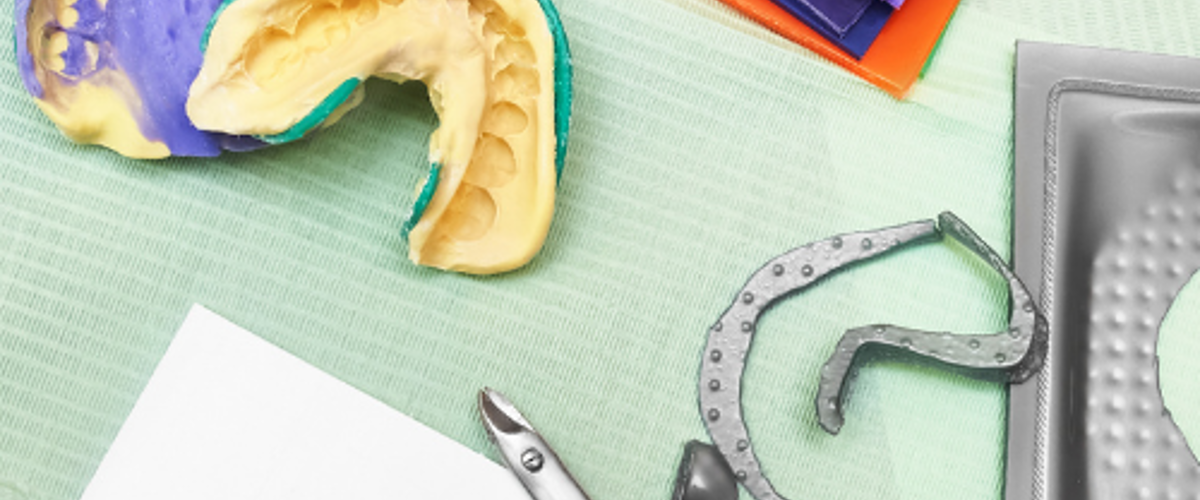| Dental Armour

Dental Splint vs Mouthguards
Whether you take part in sports and physical activity on a regular basis, or if you suffer from bruxism and wake up with pain because of grinding your teeth in your sleep, the importance of looking after your teeth and practising good oral hygiene is more obvious than ever.
The teeth may be strong, but they are also vulnerable and if you aren’t careful you could wind up on the wrong end of a trip to the dentist.
If you are concerned about bruxism, chipping your teeth, cracking a tooth, or even losing a tooth, your dentist may recommend a mouthguard, a night guard, or what is known as a dental splint. While similar, there are differences which is why we’re breaking down the differences between dental splints and mouthguards.
Though dental splints are similar to mouthguards, there are differences and they do function in different ways.
Let’s take a closer look at dental splints vs mouthguards.
What is a dental splint?
A dental splint is often confused with a mouthguard, and while they are similar, there are some key differences too, especially in terms of functionality.
Your dentist may refer to a dental splint as an occlusal splint, a bite guard, or even a night guard. It is a simple oral contraption that is designed to be worn in the mouth to hold the teeth together in order to prevent harmful and damaging movements, such as grinding of the teeth, or excessive chomping.
Dental splints are much tougher than mouthguards because they’re made from a harder plastic material. They’re also designed to fit even firmer over the upper and lower teeth so as to offer maximum protection.
When comparing dental splints and mouthguards, the key differences are the durability and the functionality. .
Types of dental splints
There are two types of dental splints for patients to choose from. We have fixed dental splints, and we have removable dental splints.
Fixed dental splints are splints which are moulded to the teeth and attached, usually via a dental crown that is cemented onto the teeth themselves.
A removable dental splint is more like a typical mouthguard, in that it is made in a lab based upon impressions taken of the patient’s teeth, and is designed to be worn by the patient for long durations of time, I.E when they sleep, and then removed the next day and replaced as and when required.
What is a mouthguard?
A mouthguard is a removable protective oral device that is designed to be worn to protect the teeth during sports and physical activity where there is the risk of injury to the teeth, gums, and mouth in general.
Mouthguards are designed to help prevent teeth from being knocked out, chipped, and cracked, plus they also help to prevent injury to the mouth, lips, cheeks, gums, and tongue.
You can purchase basic stock mouthguards, or you can visit your dentist and have a mouthguard custom-made professionally for you, based upon the shape of your teeth/mouth.
Mouthguards are less durable than splints and are therefore a little weaker, though a professionally made mouthguard can still last upwards of 5 years with a little care and maintenance.
Dental splints vs mouthguards
So, we’ve compared the two contraptions, but now it’s time to see just how different these two creations really are.
Put very simply, a mouthguard is designed to protect the teeth, mouth, lips, gums, and tongue from injury where there is an increased risk of injury, I.E during sports, whereas a dental splint is a device which holds the teeth together to prevent damage from bruxism and clenching.
Why do dentists recommend night guards?
Night guards are often recommended by dentists because they are stronger, they’re more durable, and they are designed to offer a long-term solution to a very common, yet very serious dental condition such as bruxism (teeth grinding).
People that suffer with bruxism can grind their teeth away each night, gradually wearing them down, damaging them, and putting them at risk of further injury. Not only that, but they can also suffer from severe jaw ache and headaches when they wake up, which is obviously far from ideal.
A dental splint night guard helps to prevent damage caused by bruxism because it holds the teeth firmly and securely in place.
How much do dental splints cost?
While prices will vary depending on which type of splint you go for, and which dentist you visit, generally you can expect to pay around $500 - $600.
For fixed dental splints, depending on whom you visit, you can expect to pay between $100 and $400 per tooth.
Book an appointment today
If you’re dealing with the consequences of bruxism and you want to put a stop to it once and for all, pick up the phone and get in touch with us here at Dental Armour.
We offer a wide range of solutions to bruxism, chipped teeth, missing teeth, jaw pain, migraines caused by bruxism, and much more.
Get in touch with the friendly team at Dental Armour and book your appointment today.
